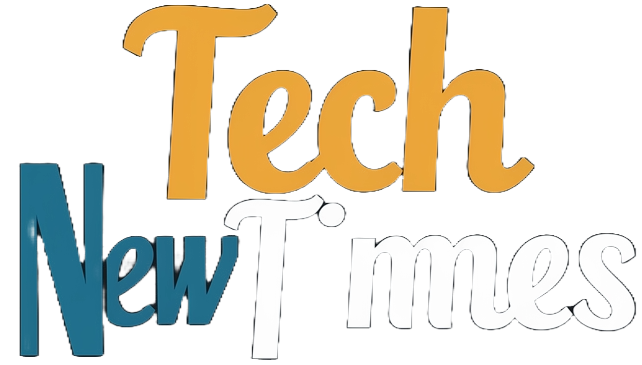Lecture 4: Human Memory

Memory Uncovered: From Recollection to Recognition
Human memory lecture 4 is the brain’s most intriguing and intricate aspect. It shapes our identity, allowing us to learn from the past and plan for the future. Human memory is essential to our everyday lives, whether it’s for solving math problems, recalling childhood birthdays, or just remembering where we put the key. In this lecture, we will explore what human memory is, how it works, different types of human memory, and how to enhance it. One of the most intriguing things about cognitive science is the way memory enables us to save and recall massive amounts of information during our lifetimes.
What is human memory?
Human memory is an extremely potent mental function with a lot of life implications and how you perceive things, ranging from recalling important events to being able to carry out activities and attain targets. Human memory can encode, store, and retrieve information. It enables us to apply knowledge, remember past experiences, and base judgments on prior learning.
Memory Formation Stages
a. Encoding Stage in Human Memory :
The process of transforming data into a format that can be kept in memory is known as encoding, and it is the initial stage of memory.
- When you focus on the information, encoding happens. For example, if you are trying to memorize a list of foods, you need to pay attention to the elements of the list.
- Memory stores information in a specific format after encoding. When you see a new word, for instance, you either write it down and encode it or repeat it.
- A crucial stage in the development of long-term memory is coding. For instance, to remind yourself of a food list for more than a few minutes, you have to put this information in your long-term memory.
b. Storage in Memory:
Storage is the act of holding information in memory so that it can be retrieved later.
There would be two types of storage:
- Short-Term Memory (STM):
- If information is held for a short duration, then that is STM. Just imagine you learned the mobile number of your phone in STM, and then after some time you want to recall it, but you forgot.
- Long-Term Memory (LTM):
- If information is held for a long duration, then that is LTM. For example, encoding a recipe in LTM allows you to invoke this information even after weeks or months.
c. Recall
Recall is the process of remembering stored information. One, we need to encode and hold information in our memory so that it is accessible to us. The process of getting knowledge out of our memory storage is called recall. One, we “re-experience” the event that was initially stored in our memory system when we retrieve information.
There are two types of recollection:
- Free recall:
- Recalling knowledge without any prompts or cues is known as free recall.
- Cued recall:
- When we utilize cues or prompts to assist us in recalling information, this is termed cued recall.
- Numerous elements, such as a person’s emotional state or mood, might influence recall.
d. Retrieval
- A call is a process that actively seeks information in storage, and a recall is a passive memory of information.
- The process of bringing information to our conscious mind is referred to as the information-access process. For instance, if you are attempting to recall the names of guests you met while attending a party, you must retrieve this information from your memory. For example, if you try to remember the names of people you met at a party, you can use a unique aspect of their look.
- Calling could be dependent on several factors, including tension, anxiety, and fatigue. For example, if you are trying to remember the names of people who have hits at a party, it may be stressful, but this information can be difficult to call out.
- Often, the access process begins cautiously. It causes it to permanently shape. If we don’t pay attention to something, it’s less likely that we can call it out of our memories.
e. Forgetting
- The unfitness to remember information through memory is referred to as forgetting. We may forget things for a variety of reasons, such as insufficient encoding of the knowledge in the first place or emotionally driven challenges in recovering information when needed.
- The activity of misplacing knowledge from our memory is called forgetting. For instance, if you can’t recall the name of someone you met at a party, you’ve forgotten that information.
- We may forget things for a variety of reasons. For example, we might forget the name of someone we met at a party if we weren’t paying attention at the time.
Final Thoughts:
Human memory is solid, however, too fragile. It empowers us to create, learn, and shape connections but is also inclined to twisting and amnesia. Knowing how memory capacities empower us to move forward in our lives, we possess an understanding of the multifaceted nature of the human brain. Whether you are proficient, an understudy, or just curious, making a venture in your memory is beneficial for the rest of your life. Whether you’re a professional, a student, or just inquisitive, investing in your memory is worthwhile for the rest of your life.

I am a versatile digital marketing professional with expertise in Search Engine Marketing (SEM), Content Marketing, Blogging, Advertising, Brand Marketing, Digital Marketing, Search Engine Optimization (SEO), and Social Media Marketing. My skill set allows me to create strategies that enhance online visibility, drive traffic, and foster brand loyalty.






